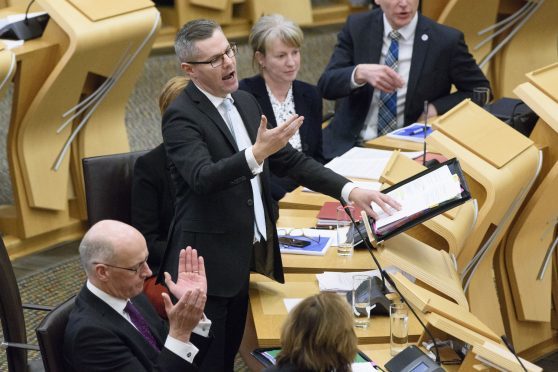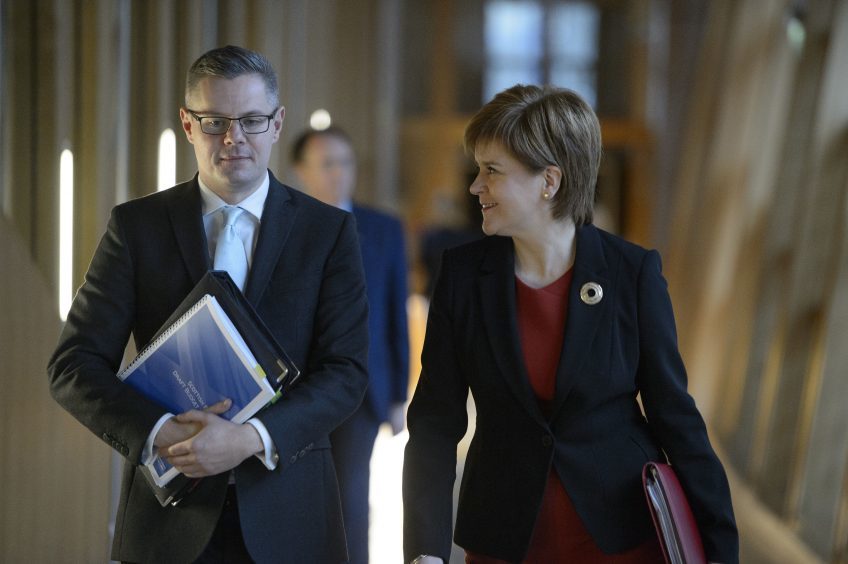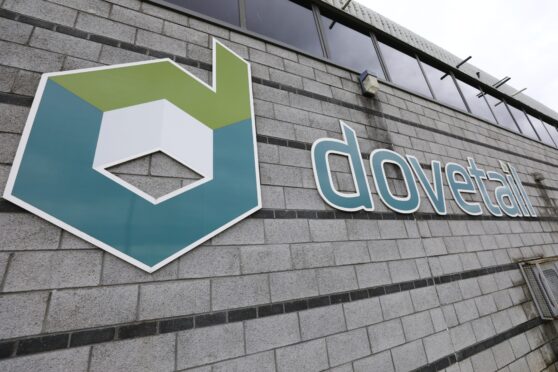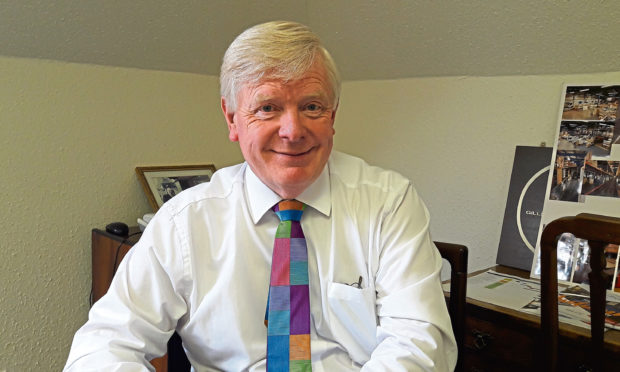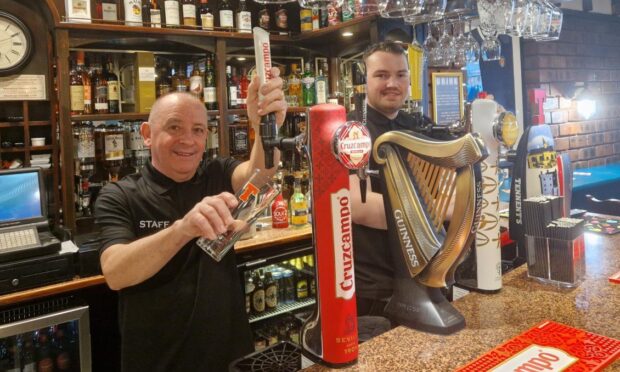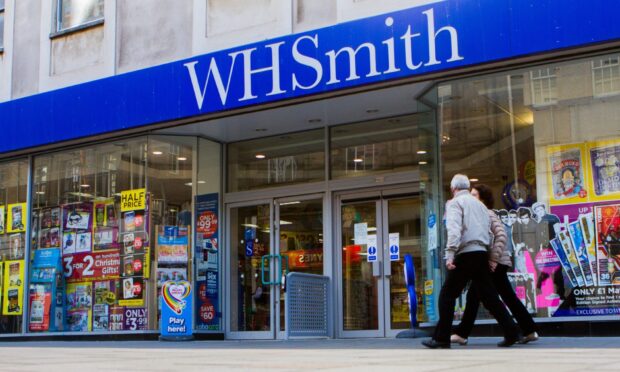In appraising a Scottish budget, the Scottish Chambers of Commerce applies one criterion above all others: ‘Does it make Scotland a more attractive place to do business?’
Our belief is that Scotland’s devolved powers should be used to create a competitive environment, one that gets noticed on a global stage and allows business and inward investors to flourish.
Without this environment, Scotland will struggle to generate the wealth to build the efficient infrastructure, public services and social support that the nation expects.
The above assumption puts us in close alignment with the Scottish Government, which, according to this month’s Budget document, sees “boosting competitiveness and tackling inequality” as “mutually supporting pillars.”
Although Derek Mackay’s Budget speech to the Scottish Parliament did not make competitiveness an overriding theme, his draft budget contains many references and some concrete changes that showed his awareness of the need to be responsive to changes in the UK business market.
For example, he made changes to non-domestic rate uplifts, and to reliefs for Land and Building Transactions Tax, changes that will help would-be investors, performing a due diligence exercise, to conclude that Scotland’s many advantages were not cancelled out by uncompetitive business costs.
Other spending announcements, for example on the National Manufacturing Institute of Scotland and the Scottish National Investment Bank, as well as on the development agencies, were presented as yielding potential competitive advantage.
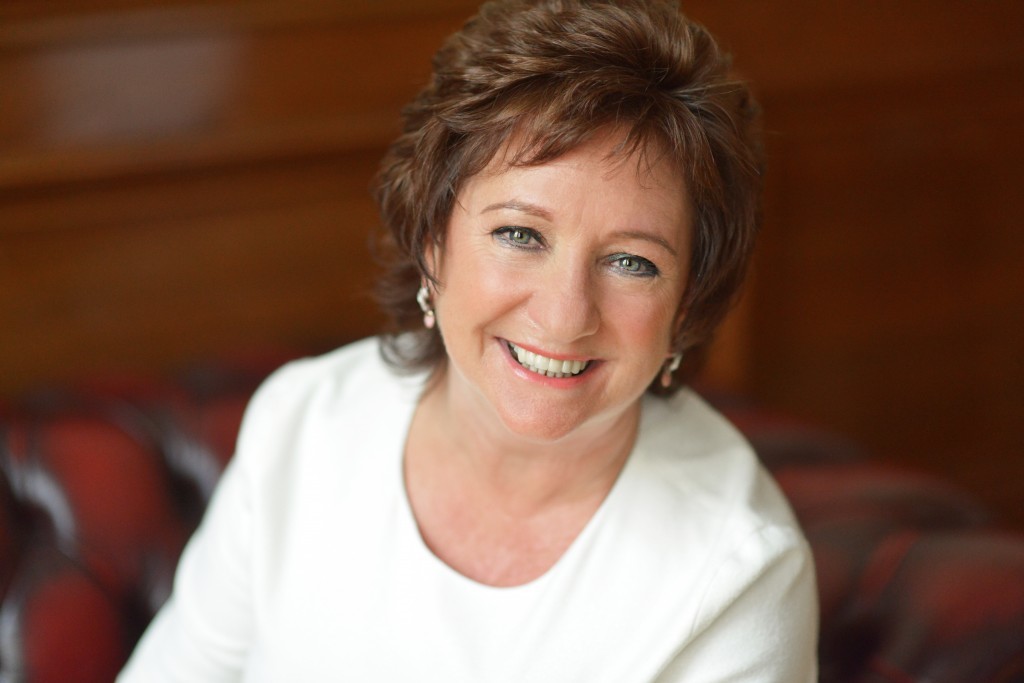
On income tax, the Scottish Chambers supports lower taxes for the lower paid, and notes the Fraser of Allander Institute’s objective analysis that everyone earning less than £26,000 will pay less tax in 2018/19 than they would have done previously.
The Chambers urged caution about differentiating personal taxes in the UK context on the grounds that it marks Scotland down, even marginally, as the location where middle and higher earners pay more tax. Mitigating the risks of such a reputation would require stellar countervailing attractions in the business environment. In Scotland, such attractions are still in the realm of aspiration rather than reality, our unspectacular achievement in superfast broadband roll-out being one example.
Free university fees, toll-free bridges and lack of prescription charges are attractive offers, but they are unlikely to be the only considerations of, say, a multinational company choosing between Glasgow and Manchester for their new UK headquarters. And given the proportion of the total income tax take paid by higher earners, we need more of them to move their tax domicile north of the border.
The Scottish Government’s new income tax rate proposals were certainly modest. The sums to be raised, calculated at £164m, sit as not much more than a rounding error in the context of a £30bn-plus budget. But they carry with them the expectation that the differentiation will increase as Mr Mackay or his successors face pressures in future.
Annual Budget announcements are in part branding exercises. While the budget sought to signal progressive purposes to a domestic market, using these new powers to increase tax risks collateral damage, both to Scotland’s national and international profile.
Despite the modesty of Mr Mackay’s income tax changes, SCC remains of the view that the establishment of new bands and new rates builds towards a simple message: that Scotland could be perceived as the highest taxed part of the UK. Whatever the other qualities associated with our country, that message is potentially damaging.
